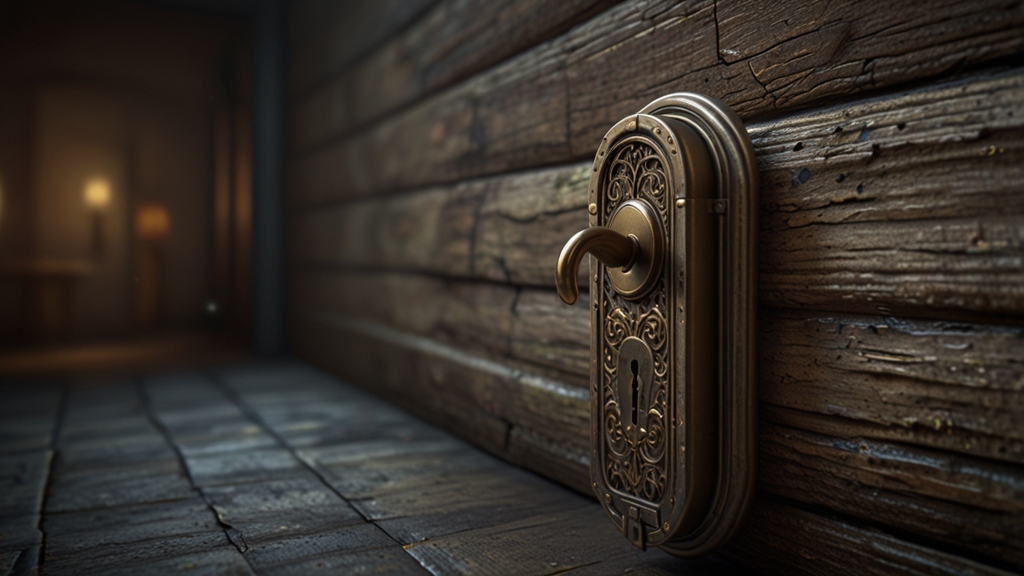Unlock the Secrets: The Most Challenging Riddles Ever
Riddles have fascinated humanity for centuries, serving not only as a form of entertainment but also as a mental exercise. From ancient Greek myths to modern-day puzzles, riddles have challenged the minds of young and old alike. But what is it that makes a riddle particularly challenging? In this article, we will explore some of the most complex riddles ever created and attempt to unlock their secrets.
The Lure of the Unsolvable
Humans are naturally drawn to mysteries and conundrums. The desire to solve what seems unsolvable drives us to think outside the box, sharpening our wit and creativity. Some riddles, however, remain infuriatingly difficult, evading even the sharpest minds.
"The most beautiful experience we can have is the mysterious. It is the fundamental emotion that stands at the cradle of true art and true science." - Albert Einstein
Classic Riddles That Stand the Test of Time
One of the most famous riddles is the Riddle of the Sphinx, from Greek mythology:
"What walks on four legs in the morning, two legs at noon, and three legs in the evening?"
The answer, as many know, is a human being: crawling as a baby, walking on two legs as an adult, and needing a cane in old age. Despite its apparent simplicity, this riddle encapsulates the journey of human life in a poetic and thought-provoking manner.
Another classic is the riddle posed by Gollum to Bilbo Baggins in J.R.R. Tolkien's "The Hobbit":
"This thing all things devours: Birds, beasts, trees, flowers; Gnaws iron, bites steel; Grinds hard stones to meal; Slays king, ruins town, And beats high mountain down."
The answer is "Time," a word whose concept challenges our understanding yet profoundly affects everything around us.
Mind-Bending Modern Riddles
Modern riddles often incorporate elements of logic and lateral thinking. Consider the following puzzle:
"A man is found dead in a room with 53 bicycles. What happened?"
While seemingly random, the answer lies in the double entendre of the word "bicycles." In this context, it refers to a deck of cards used for gambling. The man was caught cheating with an extra card, resulting in a fatal end by his opponents.
Mathematical Mysteries
Not all riddles are based on wordplay; some of the most challenging puzzles involve complex mathematics. For example, the classic "Monty Hall Problem" stumped even seasoned mathematicians:
You're on a game show, and you're given three doors. Behind one door is a car; behind the others, goats. You pick a door (say No.1), and the host, who knows what's behind the doors, opens another door (say No.3) revealing a goat. He then asks if you want to switch your choice to the remaining door (No.2). Do you switch?
The surprising answer is that you should always switch, as it increases your chances of winning the car from 1/3 to 2/3, a counterintuitive solution that has intrigued statisticians for years.
Why We Love the Challenge
What unites these riddles is not just their difficulty, but their ability to engage us in deeper thought. Difficult riddles challenge our assumptions and force us to see the world from different perspectives. The sense of achievement that comes from solving a particularly challenging riddle provides a unique satisfaction that few other activities can match.
Conclusion
Whether rooted in ancient myths or modern logic, the most challenging riddles serve as both a form of entertainment and a mental workout. They teach us about language, logic, and even our own biases. While the solutions may sometimes seem elusive, the journey towards them sharpens our minds and fuels our curiosity, proving that the thrill, indeed, is in the chase.









